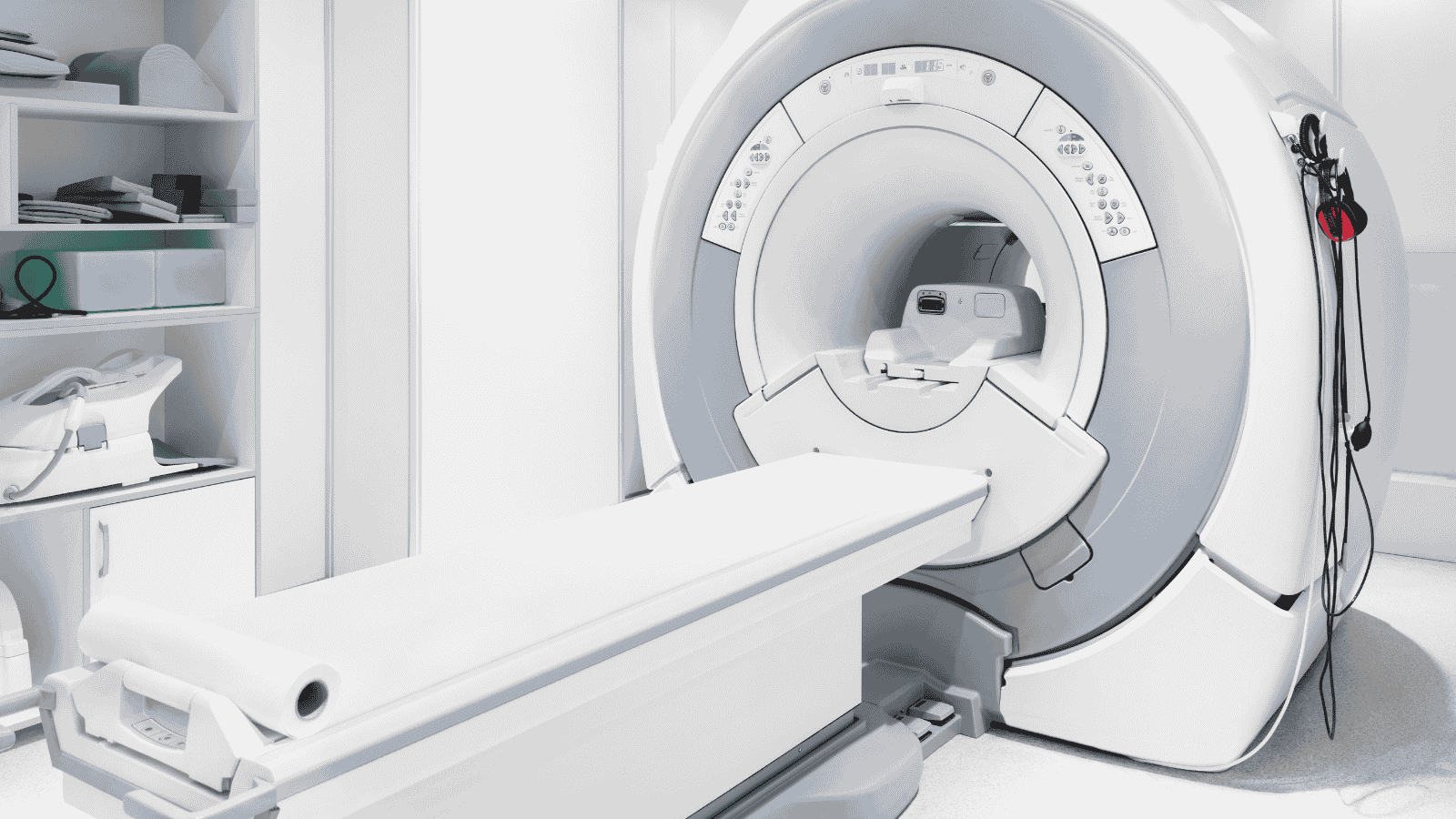
Functional MRI (fMRI)
The nerve cells in our brain are continuously interacting to perform various activities. These activities range from simple tasks like holding an object with our hands to complex cognitive functions such as understanding spoken words. The brain also contains specialized regions for critical activities such as vision, hearing, touch, language, memory, and many others. Functional magnetic resonance imaging is a non-invasive, painless, and safe advanced diagnostic method that measures and maps brain activity.
Functional MRI is necessary when planning surgeries or radiation treatments after receiving a diagnosis like a tumor, to determine the boundaries of these treatments and assess possible losses. This helps protect important areas of the brain.
In order to interpret this imaging method, a static MRI taken previously is required. During functional MRI, increased blood flow is measured and mapped in the region of the brain related to the task in response to simple commands given.
Why is it needed?
- Epilepsy
- Identifying areas damaged by factors such as stroke, trauma, or brain tumors and evaluating treatment results
- Mapping functional networks in the brain
- Defining boundaries in brain surgery or stereotactic radiosurgery
- Preventing side effects of certain treatment types
- Planning radiation therapy
- Mental illnesses such as schizophrenia
- Neurological disorders like Alzheimer’s or Parkinson’s disease
Advanced MRI Applications
- Whole Body MRI
- Cardiac MRI
- Multiparametric Prostate MRI
- Magnetic Resonance Angiography (MRA)
- Prostate MRI
- Breast MRI
- Functional MRI (fMRI)
- Dynamic Pelvic MRI and MR Defecography
- Cranial (Brain, Head, Neck) MRI
- Abdominal and Pelvic MRI
- MRI Enterography